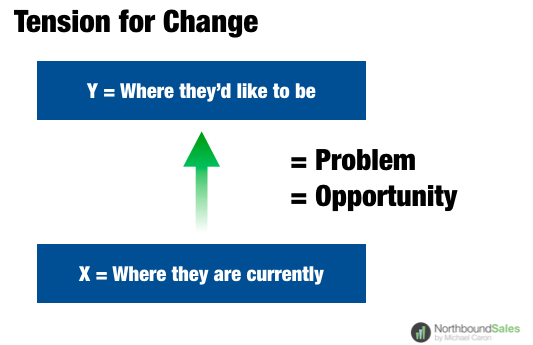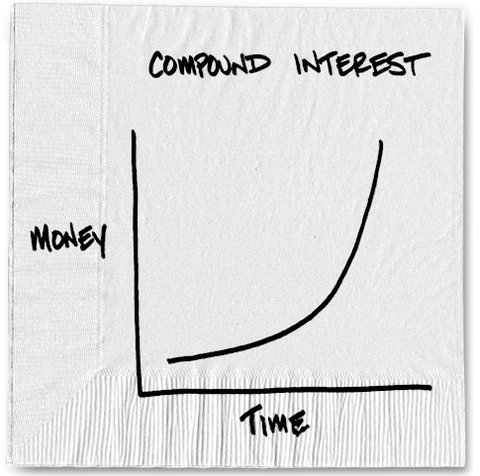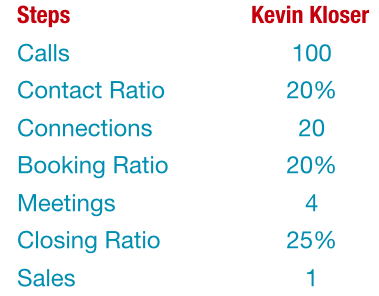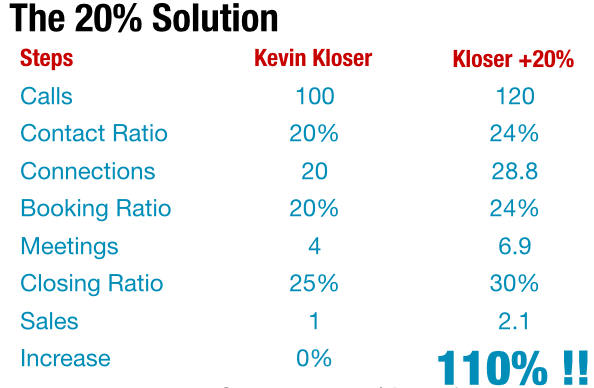Last week’s post on time management got some really good interest even though managing our time is not a technical selling skill. This week’s post is a follow-up strategy. Frankly, most sales people, including myself don’t come by time management naturally because of our personality type. That’s why, at Northbound, time management is almost always part of a program. We often get a serious productivity boost, allowing us to sell more just by getting better organized and disciplined with our time.
I’m going to share one of the best ways to improve your productivity that is echoed in the #1 New York Times bestseller, “Atomic Habits” by James Clear. The power of saying “no”. Clear states (you could say very ‘clearly‘) that “Not doing something will always be faster than doing it. For example, there is no meeting that goes faster than not having a meeting at all.
This is not to say you should never attend another meeting, but the truth is that we say yes to many things we don’t actually want to do. There are many meetings held that don’t need to be held.”
But how do you say “no” to people who you deal with on a regular basis without upsetting them? “It’s worth asking if things are necessary. Many of them are not, and a simple ‘no’ will be more productive than whatever work the most efficient person can muster.” says Clear.
He adds, “Saying no to these people can be particularly difficult because we like them and want to support them. (Not to mention, we often need their help too.) Collaborating with others is an important element of life. The thought of straining the relationship outweighs the commitment of our time and energy. For this reason, it can be helpful to be gracious in your response.”
For this reason, here are 17 ways to say no from our Goal Aligned™ Time Management workshop. My favourite is number 11. They can be used with customers, co-workers, even your boss. If you’re going to use them with friends or family, choose carefully!
Try these:
1 – “I’m sorry. That’s not a priority for me right now.”
2 – “I can’t help you on this now, but I can get to it next week. Would that be okay?”
3 – “I have so much on my plate now I don’t know when I can get to it. But I do know someone over here who can help you now.”
4 – “Before I take this on for you, let me show you a few things so that you might be able to do it yourself.”
5 – “I have made so many commitments to others, it would be unfair to them and you if I took on anything more at this point.”
6 – “If I can’t give you a ride to the school dance on Friday, how else would you get there safely?”
7 – “I don’t know how soon I can help you on this, but I will get back to you as soon as I am able to help you.”
8 – “I’m sure we’re close enough that when I say “no” you’ll understand it’s for a good reason.”
9 – “Sure I can help you with your request as long as we both agree and understand that the item I agreed to do for you yesterday is going to have to wait.”
10 – “Before I take this over from you, what do you think we ought to do about it?”
11 – “I’ve got good news and bad news. The good news is, I sure can do that for you. The bad news is, I’m so overloaded with everything else, I’ve become delirious and have been lying about my commitments.”
12 – “When I get overwhelmed like I am now, I remove every third person who asks me for something, from my “Good Friends List” and the second person just left.”
13 – “No.”
14 – “Thanks for thinking to ask me, but, no thanks.”
15 – “I would like to help you out on this but you understand I don’t have the resources available to do the right job for you.”
16 – “Now that’s the type of thing I would love to help you on if only I had the time.”
“17 – Just like you, I get overloaded sometimes and have to tell some very special people, “no”. This is one of those times.”
And as you speak, smile.








